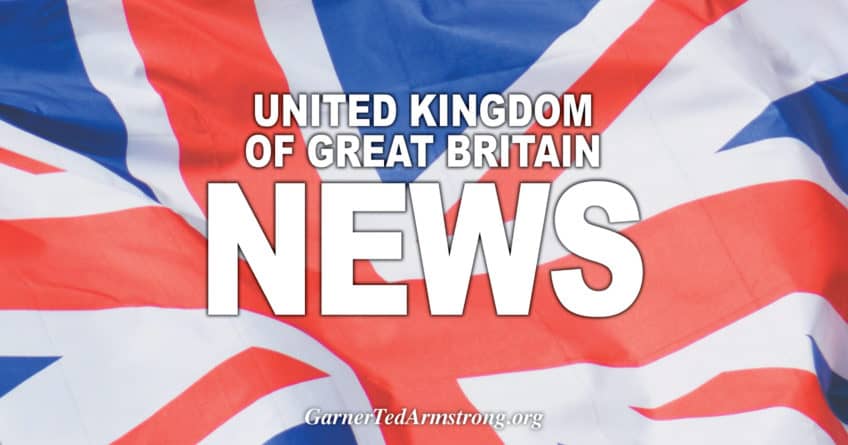
Taoiseach Micheál Martin said the shock a no-deal Brexit would bring would be the “last thing” citizens need.
Crunch Brexit talks between the EU and the UK aimed at avoiding a no-deal have been paused because of a lack of agreement.
The EU’s chief negotiator, Michel Barnier, revealed that “significant” disagreements still exist between the two sides and the impasse has been handed over to EU President Ursula von der Leyen and British prime minister Boris Johnson to try and overcome.
“After one week of intense negotiations in London, together with David Frost, we agreed today that the conditions for an agreement are not met, due to significant divergences on level playing field, governance, and fisheries,” said Mr. Barnier.
“We agreed to pause the talks in order to brief our Principals on the state of play of the negotiations. President von der Leyen and Prime Minister Johnson will discuss the state of play tomorrow afternoon,” he said.
Taoiseach Micheál Martin said he fervently hopes a deal will be struck in the Brexit trade talks.
He said that further talks and engagement are likely to continue over the weekend, as both sides hope to make progress on the sticking points of the negotiations.
“I fervently hope there will be a deal,” Mr. Martin said.
“I think a deal is in the best interests of the United Kingdom, it’s in the best interests of the island of Ireland, it’s in the best interests of the EU.
“Particularly in the people we represent, workers, businesses, people involved in education across the board. We need to give people certainty about the future.
“A sensible trade deal would be a very important step in the right direction for all of our people now, given the enormous negative impact of Covid-19 on our economic and social life.”
Fishing and the ‘level playing field’ aimed at preventing unfair competition on state subsidies and standards remain the main issues to be resolved in the talks.
With the Brexit transition deadline ending on December 31, time is running out to secure a trade deal which needs to be approved by the EU’s leaders, Westminster and the European Parliament.
Mr Martin said the shock a no-deal Brexit would bring would be the “last thing” citizens need.
“I have faith and trust in the EU negotiating team, in Michel Barnier [EU chief Brexit negotiator] and in president Ursula von der Leyen of the Commission,” he said in Dublin yesterday.
“There have been some countries putting pressure on wanting to seek additional information — 27 states can’t negotiate collectively.
“We’ve got to allow them [the negotiating teams] the space to conclude their talks and hopefully achieve an agreement out of this.”
For its part, Downing Street has said Brexit trade talks are at a very difficult point and warned that time is ticking if a deal is to be struck.
Boris Johnson’s spokesman said: “Time is in very short supply and we are at a very difficult point in the talks.”
Both sides declined to confirm whether talks are likely to continue into the weekend after reports surfaced that Mr. Barnier would remain in London, having initially planned to travel back to Brussels yesterday.
Mr. Barnier and David Frost, the UK’s lead negotiator, are involved in today’s discussions, Downing Street said.
An EU official told Reuters that a negotiated trade deal is “imminent” and expected before the end of the weekend, barring a last-minute breakdown in talks.
Earlier, EU officials pointed out that for months, it has demanded that if the UK wants tariff and quota-free access to its single market it cannot unfairly subsidize its companies once outside the framework of the EU’s tough state aid rules.
In particular, Mr. Barnier has been arguing for a robust, independent UK regulator to safeguard against any unfair competition.
Reports yesterday suggested France is demanding that the UK should have to get approval from a regulator before any subsidies were paid and that that regulator should apply principles shared by both sides.
Source: https://www.irishexaminer.com/news/arid-40149347.html
[Disclaimer]








